
How Does Changing Schools Affect Children?

Changing schools or school transfer can have negative effects on children, especially those in elementary school. The degree of these effects varies depending on the reasons for the family's relocation. The impact of an unplanned sudden change or a move occurring after a traumatic experience will naturally be more dramatic. Changing schools requires the child to adapt to a new teacher or teachers and to make an effort to establish social relationships with new friends. Children who have not developed social skills face more difficulties in this regard.
When a child starts at another school, even if their educational experience is short, they need to make an effort once again to form friendships and understand their teacher's style and expectations. It is better for families not to make such a decision unless there is a serious necessity. Sometimes there may truly be no other option. In this case, it is necessary to help the child adapt to the new conditions. Managing the adaptation process well is very important. Supportive behaviors from parents and teachers help children adapt to the situation more easily and experience fewer problems.
Planned School Change
Children generally understand the need to move to another place for known reasons, such as one of the parents being assigned to another location, and do not cause much difficulty. In this case, it would be good to act as follows:
*Discuss the matter with the child's current teacher and request their support to help your child understand this change. The teacher can organize some activities to ensure the child bids farewell to school and friends in a pleasant manner.
*Explain the situation to your child and answer all their questions. If they object, explain firmly that this is an inevitable change. During this time, be careful not to get angry, be coercive, and act understandingly.
*If possible, ensure that this change occurs close to the school holidays.
*If the new school and teacher are known, it would be beneficial to introduce your child to their new teacher.
Unplanned Changes
Changing schools sometimes occurs unexpectedly after events such as a sudden job change or divorce. Experts recommend the following actions in this situation:
*Explain the situation to the child using appropriate phrases. Emphasize that this is a sudden and necessary situation. Conduct the conversation calmly and assertively.
*Let your child know that you are aware of how difficult the situation is for them, but that you have no other alternatives.
*If there is time, talk to the teacher and ask for their help so that the child can say goodbye nicely to them and their classmates.
*This unexpected change may shake the child's sense of security. It is important to convey the feeling that they are safe.
*Introduce them to their new teacher and explain the situation, asking for their support in helping your child adapt.
*It would be good for the child to see their new school and teacher beforehand.
Teacher/School Change After a Traumatic Experience
Events such as violence, harassment, or bullying at school, or the necessity to leave a private school due to economic issues, are traumatic experiences for children. After such an experience, behaviors such as anxiety, withdrawal, and starting to act younger than they are can be observed in the child. These symptoms, which are considered normal at first, can disappear more quickly if the parents manage to behave understandingly, calmly, and sensitively.
*Sometimes parents may be unable to help or support their children. In this case, it is recommended that the child be taken in by a close relative. Unless there is a very important situation that requires it, it is not right to send the child away from their parents. It is healthier for them to overcome difficulties alongside their family.
*If the reason for the school change decision is a traumatic experience the child had with their teacher or other people at school, it is essential to consult a specialist.
*Changing teachers and/or schools is an event that already negatively affects children to some extent. Therefore, it is really important for the child to choose the right school and teacher after experiencing a traumatic event. The personality and behavior of the new teacher affect the child's recovery process from post-traumatic stress disorder.
*The traumatic experiences of parents also affect the child. Therefore, if you have experienced such a thing as a parent, you should seek support to recover as soon as possible.
*A school-aged child should not be kept away from the school system under any circumstances. Parents should carefully consider whether it is right to make a school change. If a bad event at school is not specifically directed at the child, this change may not be necessary. However, if there is a behavior that directly targets your child, such as bullying by most or all of the students in the class, changing schools may be appropriate.
If Your Child Wants to Transfer to Another School
*Talk to them calmly without questioning, just trying to understand their concerns. Ask them to explain what is happening. Even if you do not find what they say convincing, listen seriously.
*Discuss the situation with your spouse and close relatives whom you think are good at problem-solving.
*If there is an illegal situation in the incident your child described, consult a lawyer.
*If there is harassment from a teacher or another adult in the school environment, report it to the authorities. Do not cover up the situation with the thought of "Let no one hear." This behavior can lead your child to feel that they are not protected by their family and to feel anger towards their parents.
*Children sometimes exaggerate events. If you realize that your child wants this change due to a simple problem that can be resolved within the school, after listening to what they have said, guide them to find appropriate solutions. Do not decide to change schools just because the child wants to.
Potential Problems in the New School and Solution Suggestions
*A child may have difficulty establishing social relationships during the adaptation process to the new school. The environment and people are foreign to them. On one hand, they try to get to know this new educational environment, while on the other hand, others try to get to know them. If closed friend groups have formed in the class, the child may have difficulty joining these groups, or others may not want them to be included. Some classes quickly accept a new person, but this is not the case in others. Additionally, the child needs to make an effort to adapt to new teachers.
When your child comes home from school, listen to what they have to say. Instead of giving immediate advice, ask questions that will help them generate solutions, such as "What can you do about this?" and "Who can you ask for help at school?".
*Tell your child that they should try to be friends with at least one peer from the class. If they are younger, communicate with the families of other children in the class and plan activities that will allow the children to spend time together outside of school.
*It is normal for a child to miss their teachers and friends from their old school. If possible, they can continue to see them and spend time together. However, their future is in the new school, and they should develop their primary relationships there.
*If the academic level of the new school is higher than that of the previous school, the child may need help to catch up quickly. Conversely, if the new school is lower, the child may gradually fall behind. In this case, the child should be encouraged to learn different things at home to maintain and improve their academic level.
*It may be beneficial to note what problems the child experiences after the school change and to come up with solutions together for each problem.
*If the adaptation process to the new school is prolonged, the family should discuss the matter with the child's teachers, psychological counselor, and administrators. If the child is struggling too much during this process and seems unable to overcome their problems, it is necessary to seek help from a specialist.
*Parents should occasionally meet with the child's teacher to listen to their observations and recommendations, even if everything seems to be going well.
Child Development and Education Other Content in the Category

Child Development and Education
Ways to Develop Fine and Gross Motor Skills in Children
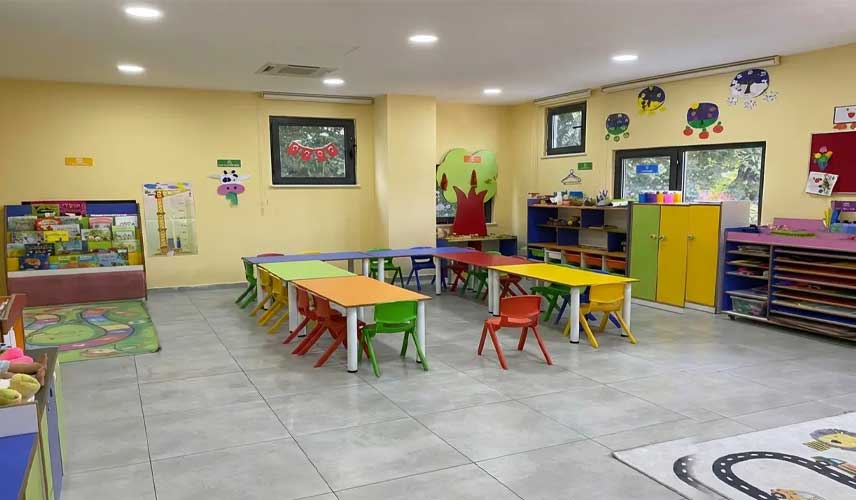
Child Development and Education
First Day at Kindergarten: 12 Tips to Ease the Transition

Child Development and Education
6 Tips for Success

Child Development and Education
8 Reasons for Attention Difficulties in Children
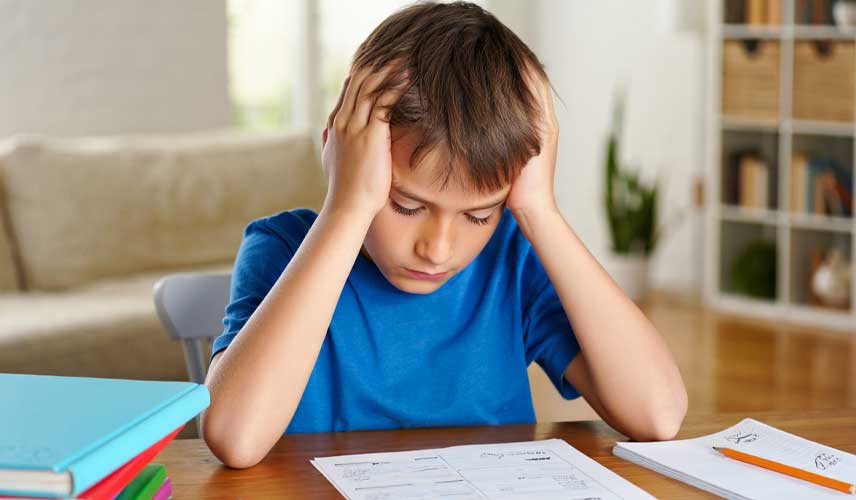
Child Development and Education
Problems Related to Homework and Solutions
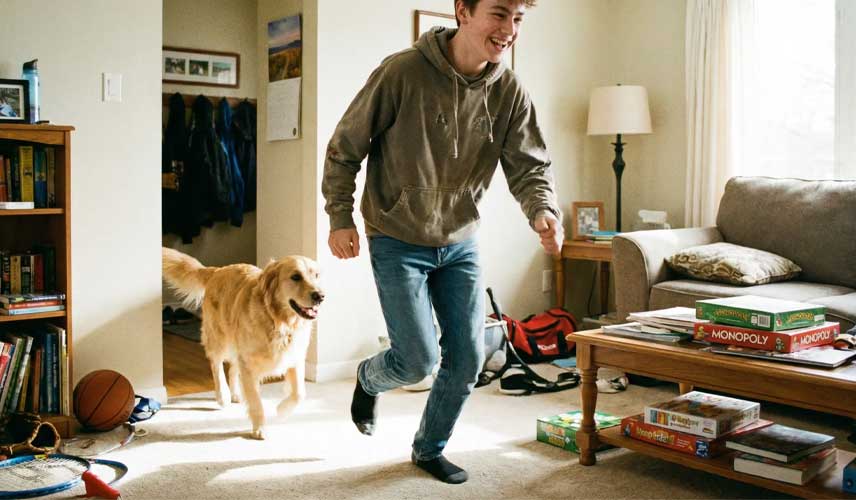
Child Development and Education
15 Life Skills Your Teen Should Acquire

Child Development and Education
35 Positive Messages Your Child Needs to Hear
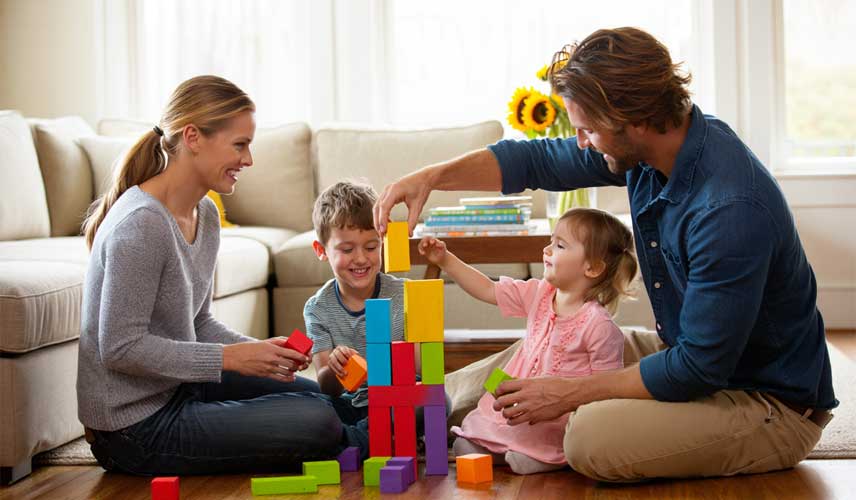
Child Development and Education
10 Characteristics of Good Enough Parents

Child Development and Education
Child Development: The First 5 Years

Child Development and Education
7 Things You Need to Do to Raise a Well-Rounded Child

Child Development and Education
14 Effective Methods to Improve Children's School Success

Child Development and Education
8 Tips for Positive Parenting
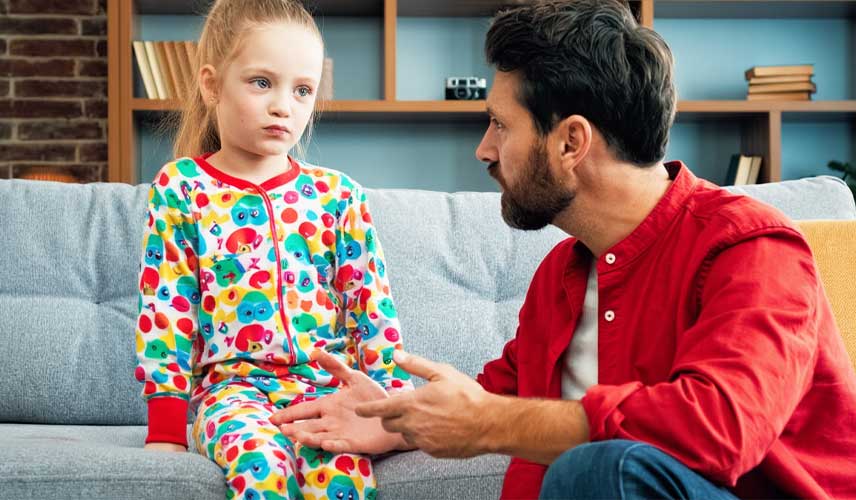
Child Development and Education
10 Ways to Communicate Well with Children

Child Development and Education
How Does Changing Schools Affect Children?

Child Development and Education
